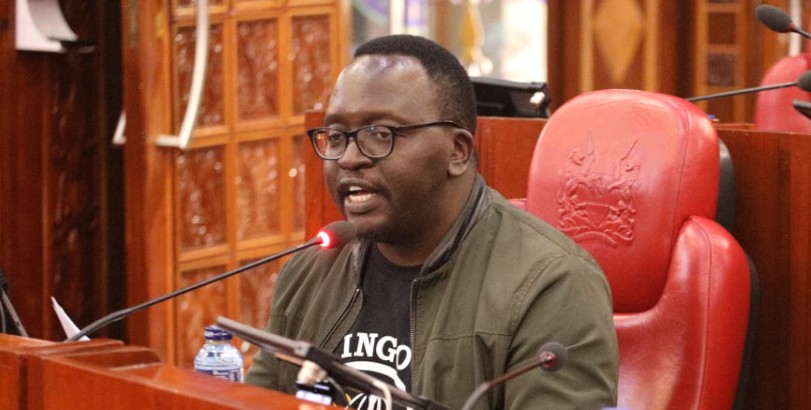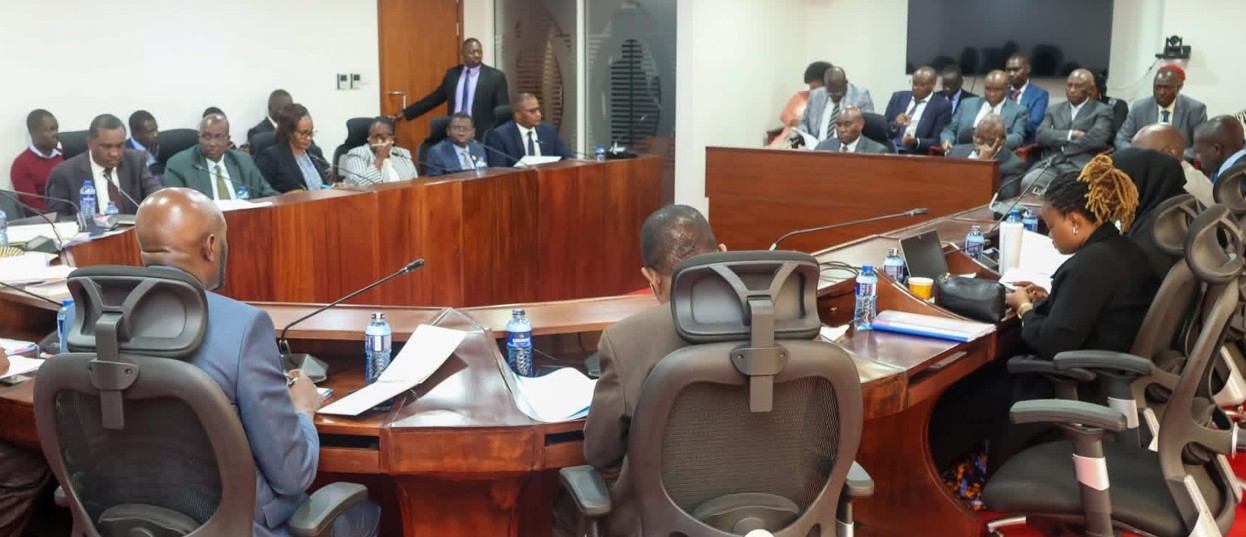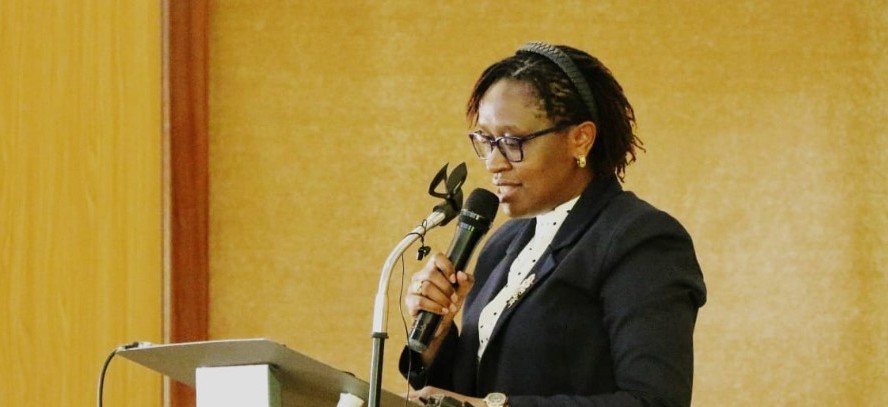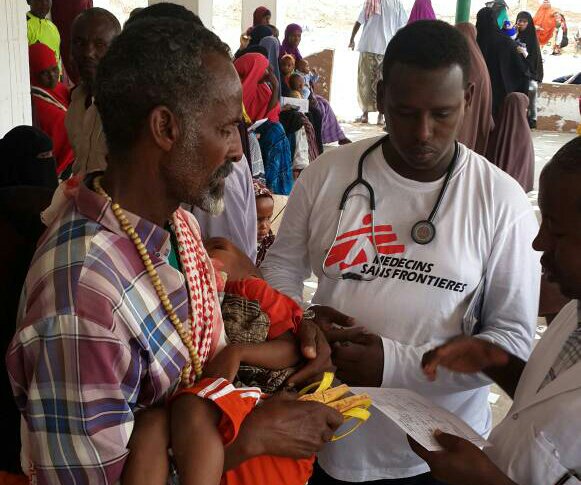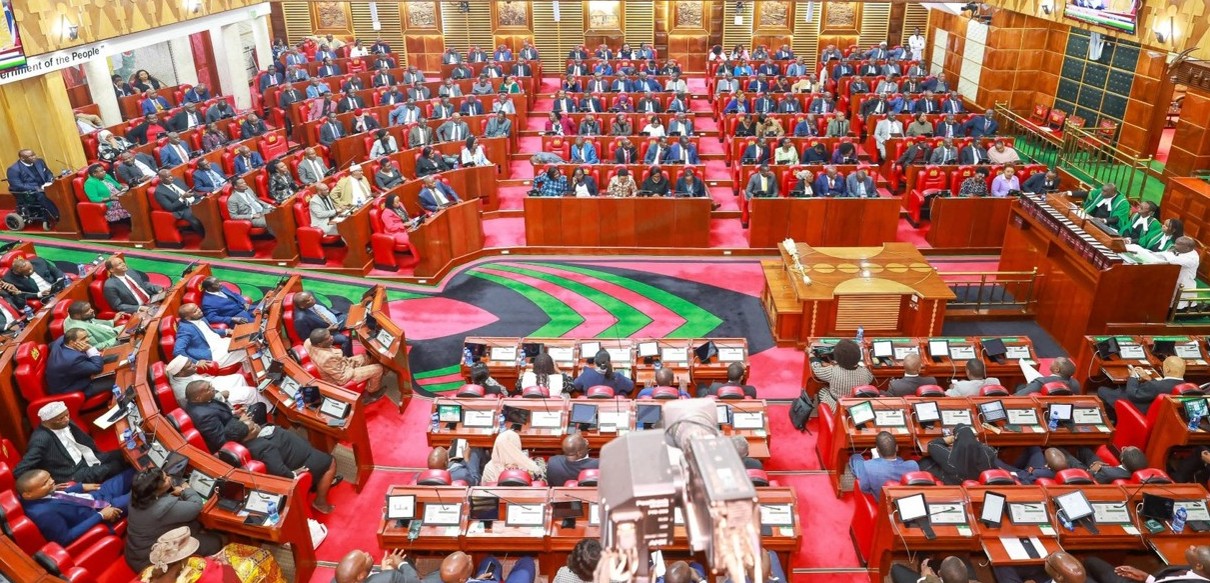Governors oppose taxman's VAT demand on counties' own source revenue
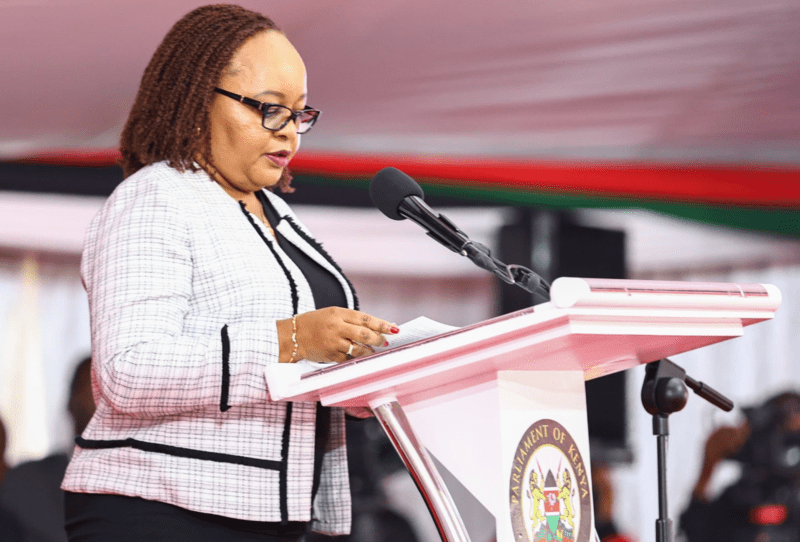
They also argued that the tax agency is encroaching on the powers to impose taxes and duties on the counties.
Governors have protested the decision of the Kenya Revenue Authority (KRA) to impose Value Added Tax (VAT) on revenues generated by counties from their sources, also referred to as Counties' Own Source Revenue (OSR).
The county chiefs, through the Council of Governors in a statement, said the move has no legal backing and termed the action of the taxman as going against the constitution.
More To Read
- KRA’s official X account hacked, public warned against fraudulent posts
- High Court rules in favour of KRA in Sh1.1 billion tax dispute, orders fresh tribunal hearing
- Senate probe uncovers unpaid loans by ex-governors, county officials
- Treasury reports Sh16.9 billion in excise duty waivers amid push for local manufacturing
- IMF questions Kenya’s exchange rate policy amid new funding negotiations
- KMPDU, Kiambu County reach agreement ending five-month doctors’ strike
They also argued that the tax agency is encroaching on the powers to impose taxes and duties on the counties.
Through their Chairperson and Kirinyaga Governor Anne Waiguru, the county bosses said that these uncalled-for moves undermine the principles of Article 6(2) of the Constitution.
"Raising own source revenue by counties in its strict sense does not necessarily correspond with a service provided, nor does it fall under any production stage," she said.
"We therefore maintain that Kenya's constitutional architecture does not envisage that the National Government will impose taxes on revenues raised by the County Governments."
Waiguru said that VAT is a consumption tax levied on the value added at each stage of a product's production and distribution. She explained that there is no logic for devolved units to charge VAT on their own source revenue or to remit the same to KRA.
The governors have told the taxman that they are open to talks that are aimed at reaching an amicable solution on the issue.
"We wish to state that if no action is taken and this unconstitutionality continues, we will be left with no option but to seek legal redress without further reference to you," she warned.
"The Council is, however, open to discussions geared towards reaching an amicable solution on this issue," they said, adding that if no action is taken to stop KRA from going further with the move, counties will seek legal redress.
Devolved units are exempted from income tax, however, they are mandated to register for VAT obligations and account for VAT on the supply of taxable goods and services.
The counties are also appointed withholding VAT agents, required to remit withheld VAT to KRA. Data from the Office of the Controller of Budgets shows that all 47 counties combined have consistently failed to meet their OSR targets in all the financial years since the start of devolution.
A report released in May 2024 by the Commission on Revenue Allocation (CRA) and the World Bank shows that county governments have the potential to collect up to Sh216 billion annually. In the 2022/2023 fiscal year, counties collected only Sh45 billion.
Despite that, Controller of Budget Margaret Nyakang'o last week reported that twelve counties- Uasin Gishu, Samburu, Isiolo, Kirinyaga, Turkana, Nandi, Vihiga, Meru, Wajir, Narok, Nyeri and Elgeyo-Marakwet- raised more than 75 per cent of their own source revenue targets in the first three quarters of the 2023/24 financial year.
This is an improvement from only three counties- Kirinyaga, Vihiga and Kitui- for a similar period last year.
Top Stories Today
